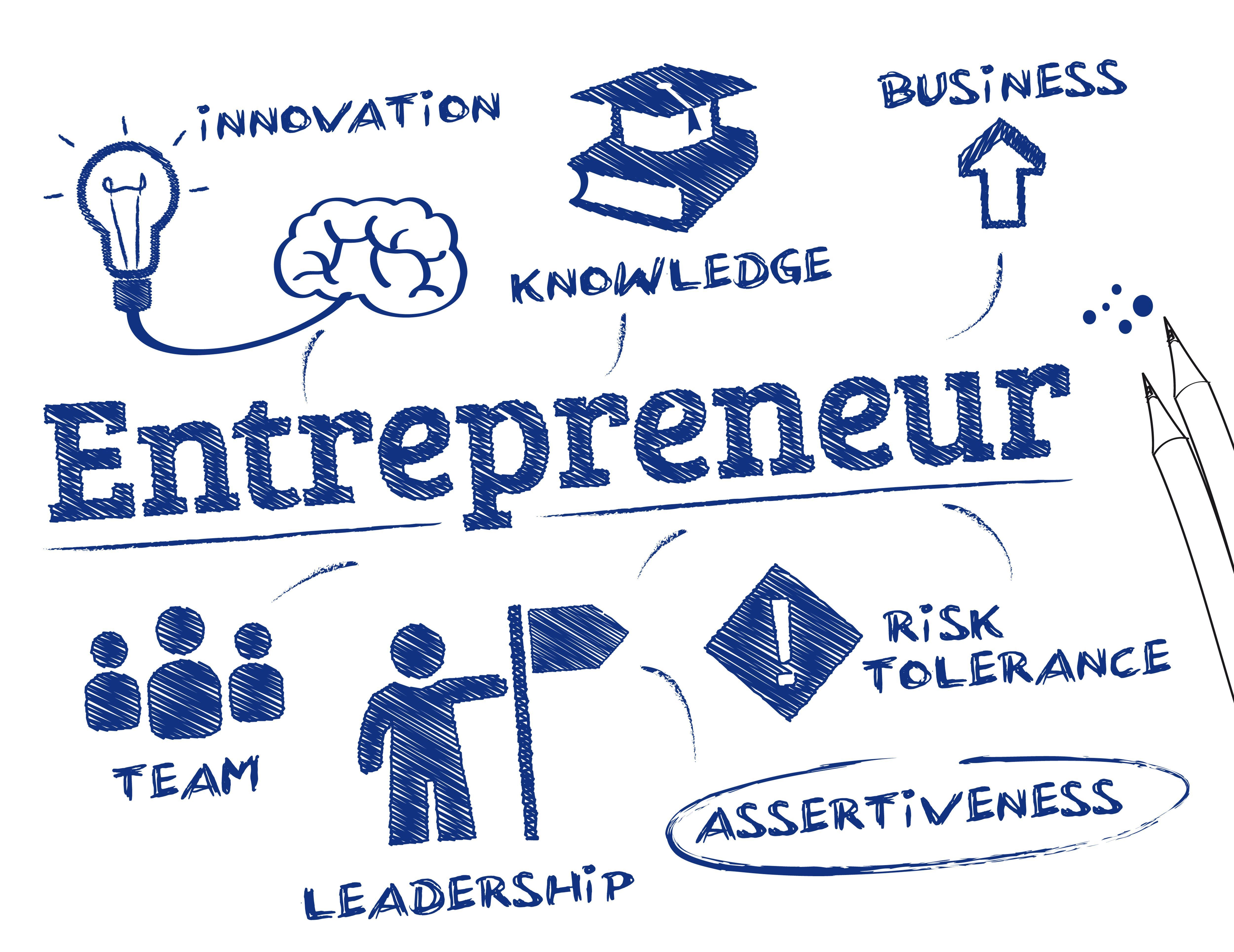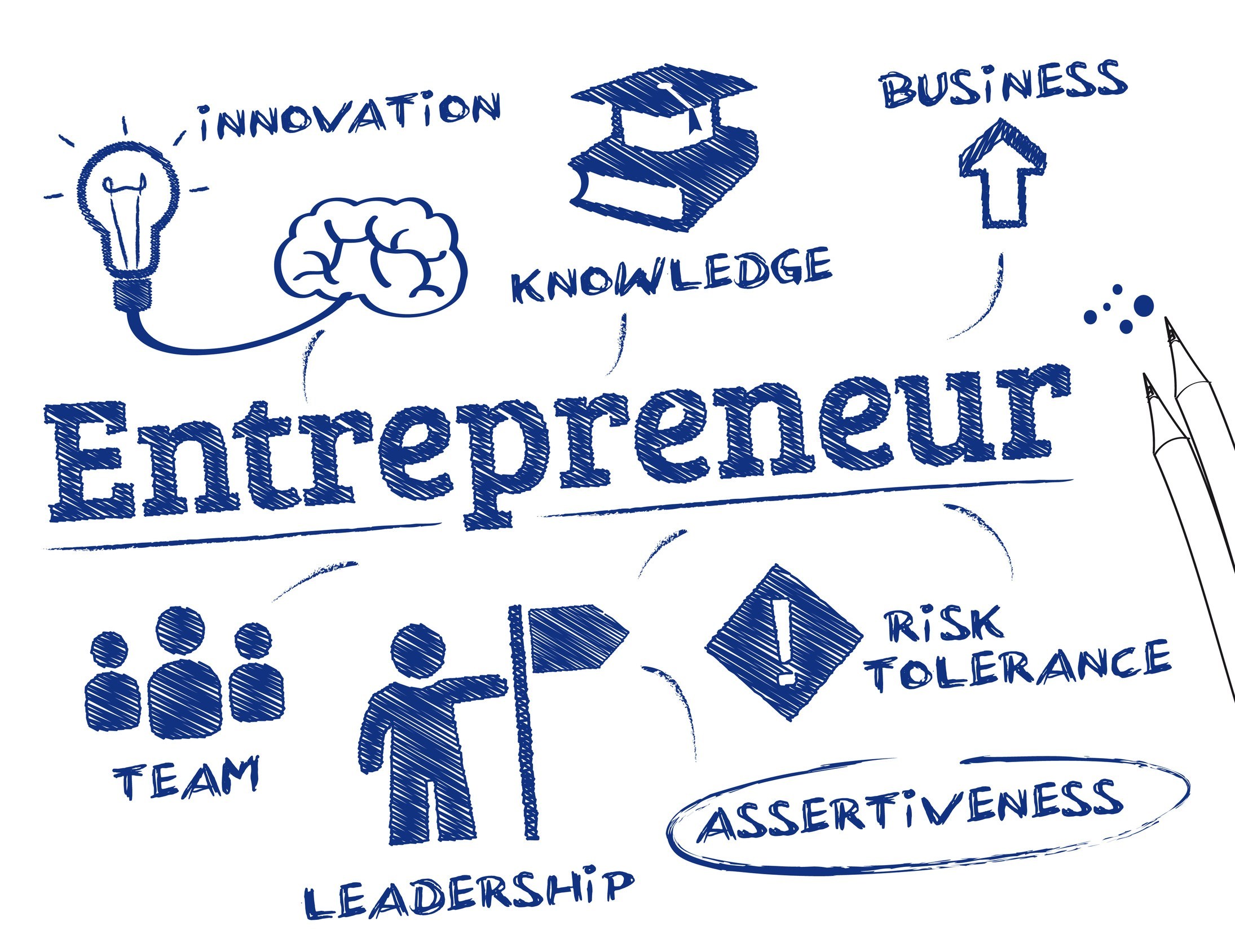
Start your HR consultancy firm in just three months.
Start your journey as an HR entrepreneur
This program equips you with the knowledge and skills needed to establish and operate your own HR consultancy firm successfully. Gain practical insights and industry expertise to confidently launch and grow your entrepreneurial venture in the HR sector.
HR Entrepreneurship Videos
HR Entrepreneurship Skill
HR Entrepreneurship Course Reviews
I am incredibly impressed with the quality of Apponix's entrepreneurship program. The faculty's expertise and the interactive sessions made learning engaging and enjoyable. I graduated feeling empowered and ready to turn my business ideas into reality
Apponix's entrepreneurship program stands out for its practical approach to learning. The workshops and case studies were eye-opening, providing me with a deeper understanding of business operations. I'm grateful for the mentorship I received and the skills I developed during my time here
The entrepreneurship program at Apponix exceeded all my expectations. The curriculum was well-structured, and the instructors were highly experienced. I feel more confident in starting my own business thanks to the skills I acquired here
Apponix's entrepreneurship program was a transformative experience for me. The mentors provided personalized guidance, and the hands-on projects helped me apply theoretical concepts in real-world scenarios. Highly recommend it to anyone looking to venture into entrepreneurship
HR Entrepreneurship Training Options
Online Training
₹
- Interactive Live Training Sessions
- 140+ Hrs of instructor-led online Sessions
- Delivered by Working Professionals
- 1 Year Access to Recorded Sessions
- Placement Assurance
- Guaranteed 20 Interview Arrangements
- Advanced Certificate from Jain University
HR Entrepreneurship Course Curriculum
HR Entrepreneurship Eligibility
View HR Management Course Syllabus below
HR Entrepreneurship Course Content
- Role and function of HR in organizations
- Importance of HR in driving business success and achieving strategic objectives
- Job analysis
- Attraction
- Sourcing candidates
- Screening resumes
- Interviewing
- Job offers
- Hiring right candidate
- Importance of effective onboarding
- Key components of an Induction
- Introduction to company culture, policies, and procedures
- Importance of employee engagement in driving productivity
- Strategies for creating a positive work environment
- Fostering employee morale
- Building strong team dynamics
- Basics of performance management
- Setting clear expectations
- Providing feedback
- Evaluating employee performance
- Performance appraisal methods and techniques
- Performance Appraisal form
- Equal employment opportunity
- Anti-discrimination
- Harassment prevention
- Confidentiality
- Legal compliance requirements related to employment laws and regulations
- Basics of compensation management
- Determining salaries, wages, and benefits
- Different types of employee benefits and perks
- Importance of employee training and development
- Basics of training needs analysis
- Designing training programs
- Overview of workplace health and safety regulations and requirements
- Basics of creating a safe work environment
- Preventing workplace accidents and injuries
- Handling employee grievances & conflicts
- Introduction to conflict resolution techniques
- Effective communication strategies
- HRIS (Human Resources Information Systems)
- HR software
- Understanding how technology can streamline HR processes and improve efficiency
- Importance of ethical behavior in HR decision-making and practices
- Basics of ethical principles and standards in HR management
HR Entrepreneurship Industry Project
Analyze real-world HR consultancy scenarios and develop solutions, showcasing your understanding of HR strategies, policies, and practices.
Design and implement a recruitment campaign for a client, including job postings, candidate screening, interviews, and onboarding processes.
Identify repetitive HR tasks and automate them using HR software or tools, demonstrating efficiency and productivity improvements.
Develop a comprehensive training and development program for employees, focusing on skills enhancement, performance evaluation, and career progression.
Conduct an HR compliance audit for a company, ensuring adherence to labor laws, regulations, and best practices, and provide recommendations for improvement.
Conduct an employee engagement survey, analyze results, and create an action plan to improve employee satisfaction, retention, and productivity.
HR Entrepreneurship Faculty & Advisor
What You'll Learn
-
Complete Recruitment & Consultancy: Learn to manage recruitment processes, HR consultancy services, and client relations from start to finish.
-
Starting Your HR Firm: Discover the legal and practical aspects of registering and establishing your HR recruitment and consultancy firm.
-
Company Website Setup: Learn to create and manage a professional website for your HR firm, showcasing services and attracting clients.
-
Establishing Your Business Presence Online: Utilize digital platforms and strategies to enhance your HR firm's visibility and reach.
-
Client Acquisition Strategies: Gain insights into acquiring clients through various channels, including freelance platforms and networking.
-
Lead Generation Strategies: Implement effective lead generation techniques to drive business growth and expand your client base.
-
E-commerce Website Development: Explore e-commerce solutions tailored for HR services, facilitating online client interactions and transactions.
200+ Ratings
500+ Learners
Why Young Graduates Should Start Entrepreneurship Early?
- Adaptability: Being young means you can quickly adjust to new situations and changes. In business, this helps you handle challenges and switch strategies when needed.
- Risk-Taking: When you're young, you're more willing to try new things without worrying too much about failing. This willingness to take risks is important in entrepreneurship because it can lead to big successes.
- Learning Opportunities: Starting a business early means you get to learn a lot by actually doing things. Even if you make mistakes, you'll learn from them and get better at what you do.
- Resourcefulness: Young entrepreneurs are good at finding creative solutions with limited resources. This skill lets you achieve a lot with what you have, which is important when you're just starting.
- Long-term Vision: Starting young gives you time to think about your future goals and plan for the long term. You can set big goals and work towards achieving them over time.
- Tech-Savviness: Young people are often good with technology. In business, this means you can use digital tools to make things easier, reach more customers, and grow your business faster.
- Networking Opportunities: Entrepreneurship lets you meet and connect with many different people who can help you, like mentors, investors, and other entrepreneurs. Building a good network can open doors for your business.
- Impact and Influence: Starting a business early gives you a chance to make a difference in your industry or community. You can come up with new ideas, change how things are done, and leave a positive mark on the world.

The Appeal of Entrepreneurship for Young Minds
Passion-Driven Pursuits:
Many young individuals are drawn to entrepreneurship because it allows them to turn their passions into viable businesses. Whether it's a love for technology, a desire to create social change, or a knack for artistic expression, starting a business enables them to channel their enthusiasm into something tangible and impactful.
Freedom and Flexibility:
One of the key attractions of entrepreneurship for young people is the freedom and flexibility it offers. Unlike traditional jobs with fixed schedules and hierarchies, entrepreneurship allows individuals to chart their own course, set their own working hours, and pursue projects that align with their interests and values.
Financial Opportunities:
Entrepreneurship presents significant financial opportunities for young minds. Successful ventures can lead to financial independence, wealth creation, and the ability to invest in future projects. Moreover, entrepreneurship allows individuals to create job opportunities for themselves and others, contributing to economic growth and stability.
Skills Development:
Engaging in entrepreneurship helps young individuals develop a wide range of valuable skills. From decision-making and problem-solving to communication and leadership, running a business provides hands-on learning experiences that are not always accessible in traditional educational settings.
Global Reach and Impact:
In today's interconnected world, entrepreneurship offers young people the chance to make a global impact. With access to digital tools, online platforms, and international markets, entrepreneurs can reach a wide audience and scale their businesses rapidly, driving innovation and positive change on a global scale.









